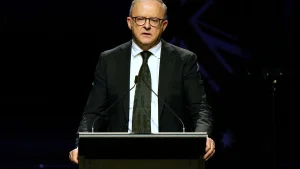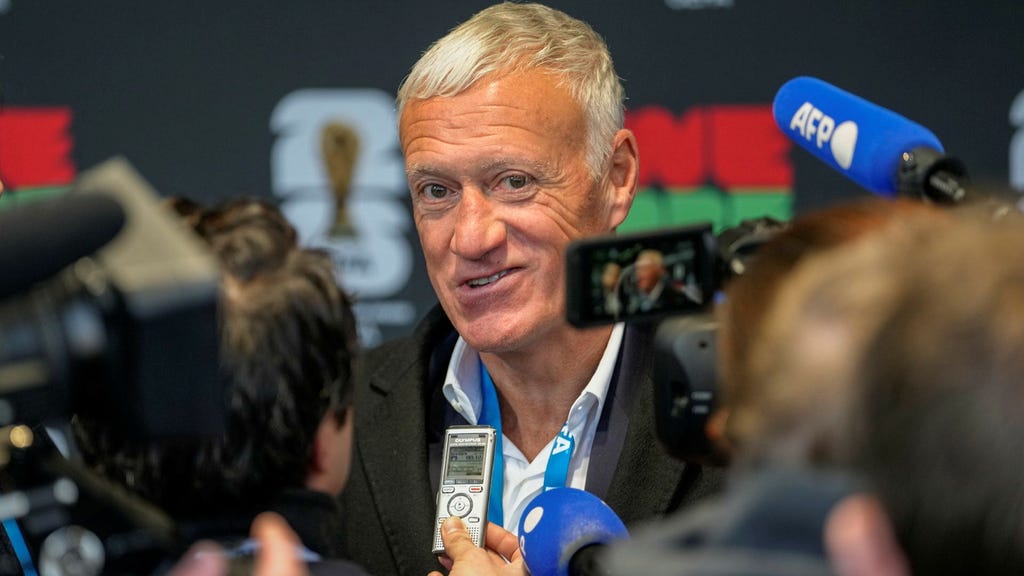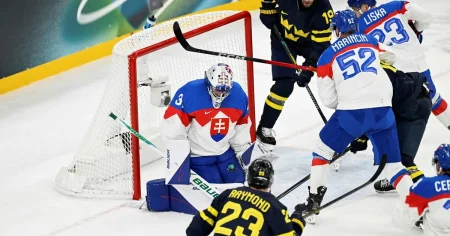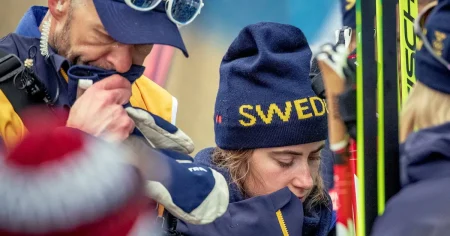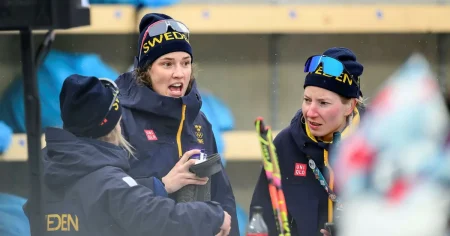Didier Deschamps, the architect of French football’s recent golden era, has announced his intention to step down as the national team’s head coach following the 2026 FIFA World Cup. This decision, while anticipated given his long tenure, marks the end of an extraordinarily successful chapter in French football history. Since taking the reins in 2012, Deschamps has guided Les Bleus to remarkable heights, including a European Championship silver medal in 2016, a triumphant World Cup victory in 2018, and a hard-fought World Cup silver medal in 2022. His leadership has solidified France’s place among the world’s footballing elite and cemented his own legacy as one of the most accomplished managers in the game. His declaration, delivered during an interview with French television channel LCI, emphasized his continued passion and dedication to maintaining the French team’s high standards until the conclusion of his contract.
Deschamps’s decision brings to a close a career defined by unwavering commitment and a relentless pursuit of excellence. He has consistently expressed his desire to leave the team at its peak, ensuring a smooth transition for his successor. The 2026 World Cup, hosted jointly by the United States, Canada, and Mexico, will serve as the culminating point of his managerial journey with the French national team, a fitting stage for a man who has dedicated over a decade to shaping the team’s destiny. He leaves behind a legacy of success that will be challenging to replicate, having instilled a winning mentality and a culture of resilience within the French squad.
The announcement also underscores the cyclical nature of leadership in sports. While Deschamps’s departure will undoubtedly leave a void, it also presents an opportunity for a new generation of coaching talent to emerge. The search for his replacement will undoubtedly be a closely watched affair, with speculation already swirling around potential candidates. The French Football Federation will face the daunting task of finding someone capable of maintaining the high bar set by Deschamps and guiding the team through the next phase of its evolution. The pressure to succeed will be immense, given the expectation of continued dominance on the world stage.
Deschamps’s journey with the French national team is intertwined with a rich history of personal achievements. As a player, he captained the legendary 1998 French World Cup-winning squad, a feat that solidified his place in football folklore. Two years later, he added a European Championship title to his impressive resume, further cementing his status as one of France’s most decorated footballers. His transition to management has been equally remarkable, mirroring his playing career in terms of success and influence. He stands alongside Brazilian legend Mario Zagallo and German icon Franz Beckenbauer as one of only three individuals to have won the World Cup as both a player and a manager, a testament to his exceptional understanding of the game and his ability to inspire both on and off the field.
The 56-year-old Deschamps has yet to reveal his plans for the future, admitting that he has not given much thought to life after international management. While his decision is rooted in a desire to conclude his tenure on his own terms, it also leaves open the possibility of exploring new opportunities within the football world or beyond. His experience and expertise would be highly sought after by clubs and federations alike, and it remains to be seen what path he will choose to pursue once his obligations with the French national team are fulfilled. Whether he chooses to remain in coaching, pursue a different role within the footballing ecosystem, or embark on a completely new venture, his contributions to the game will continue to be celebrated.
The coming years will present a unique challenge for French football as it navigates the post-Deschamps era. While the team boasts a wealth of talent and a strong foundation built upon years of success, the transition to a new leadership structure will inevitably bring its own set of challenges. The expectation of continued success will weigh heavily on the shoulders of whoever takes the helm, and the task of replicating Deschamps’s achievements will be a formidable one. However, the future of French football remains bright, and the legacy left by Deschamps will undoubtedly serve as a source of inspiration for generations to come. His unwavering dedication, his tactical acumen, and his ability to cultivate a winning culture have left an indelible mark on French football, ensuring that his influence will be felt long after his departure.


